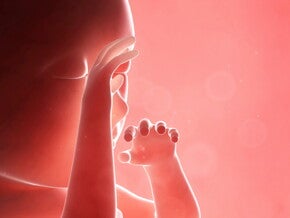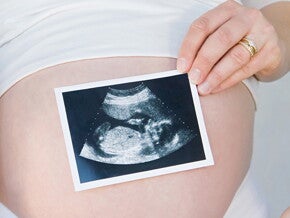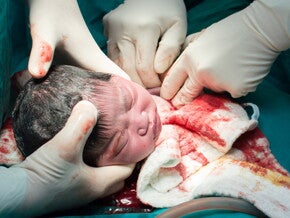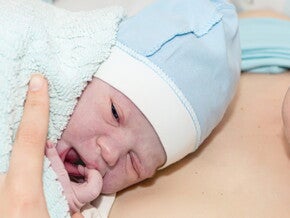
Personal considerations
Personal considerations
You may need to consider some personal issues before you become pregnant.
Your marriage
- Stability of your relationship.
- Readiness for the responsibility of parenting.
- Your and your partner’s age.
It is important to remember that most couples do not become pregnant instantly and conception can often take up to six months to achieve. Do not let the planning of pregnancy or timing of ovulation create stress within your relationship as it is important to enjoy the process and time with your partner.
Your support system
- Family and friends who can support you emotionally and practically.
- Professional support.
Your finances
- Additional costs of a baby.
- Loss of income.
- Maternity benefit.
- Medical aid, hospital plan or insurance policy.
Career
- Career adjustments.
- Options for returning to work, such as maternity leave, childcare facilities, flexibility of time constraints.
Parenting
- Shared views of parenting issues, such as discipline, education and religion.
If single
- Full impact of emotional and financial responsibility.
- Parenting role of father.
- The previous factors mentioned are even more relevant if you are single.
Related articles


Labour
As labour starts, a mother’s mood changes and she becomes less aware of what is happening outside her body, and more aware of what is happening inside her body.
5 mins to read

Nutrition during pregnancy
By taking responsibility for your body, you can maximise your level of wellbeing and enjoy good health.
Good nutrition is of the utmost importance during your pregnancy
5 mins to read

The third stage of labour
This stage lasts from the birth of the baby until the placenta is delivered, usually from 5–20 minutes.
5 mins to read

Checklist - maternity ward suitcase
*Check whether the maternity ward has a list of the items you will need.
Items for hospital stay
5 mins to read

Medication for pain relief
In a normal, uncomplicated labour and delivery, the use of medication is not always necessary. Your own resources are often enough.
5 mins to read



Signs of labour
The following signs of labour may occur in any order.
1. Progressive contractions
5 mins to read



Siblings
Older siblings learn about sharing, life-long love and friendship.
2 mins to read

Caesarean birth
A Caesarean birth is the delivery of your baby through an abdominal uterine incision, instead of vaginally.
5 mins to read

Single parent
Today an increasing number of women are facing the challenges of pregnancy, birth and parenthood alone. This may be through personal choice or circumstantial.
2 mins to read

Variations and interventions in labour and birth
Each woman’s labour is unique and unpredictable. It is important therefore that you are prepared for all the possible eventualities and you keep an open mind.
1 min to read

Second stage of labour
This stage begins when the cervix reaches complete dilation and effacement, and it ends with the birth of the baby.
5 mins to read

Contact your doctor
What signs and symptoms during pregnancy to be aware about.
5 mins to read

Protein in Pregnancy
Protein (and the amino acids within) is the most important building blocks for all human cells. Given the rapid cell development of your baby-to-be it should be an essential part of your diet.
5 mins to read

Vaginal birth
In most instances, the baby’s head is the presenting part that moves into your pelvis before labour begins.
5 mins to read